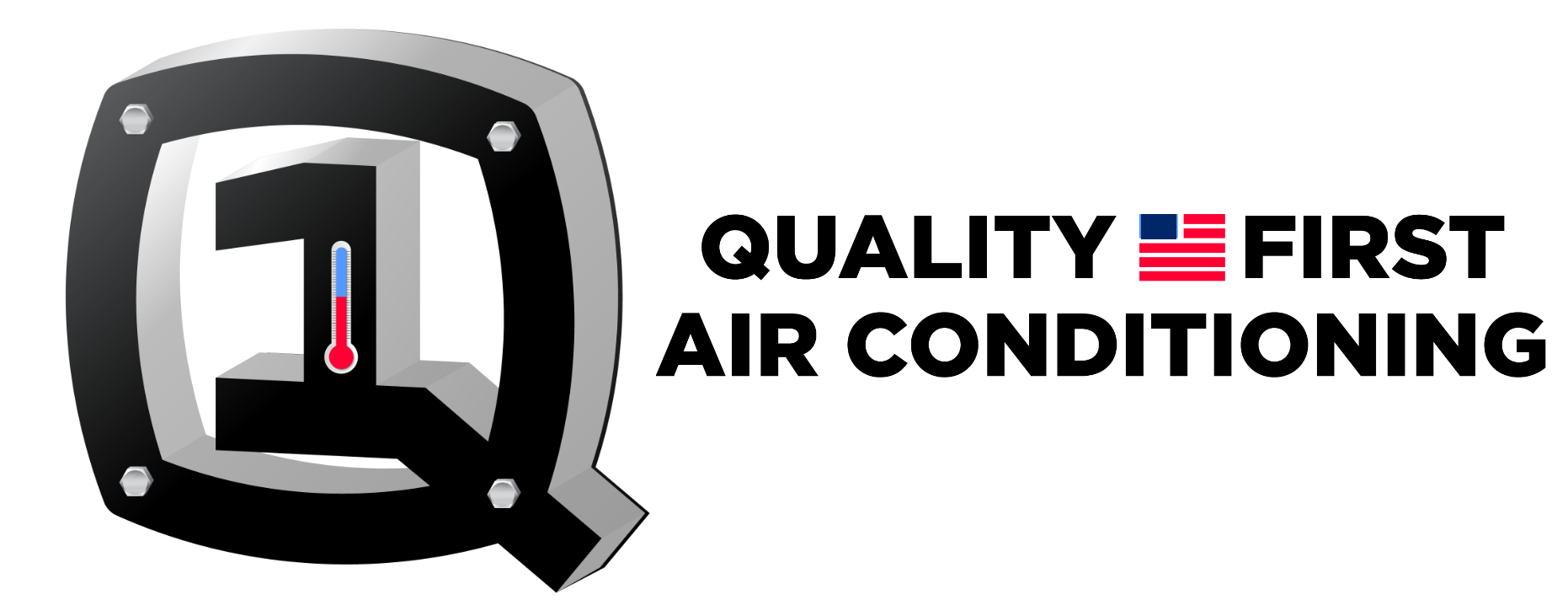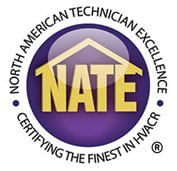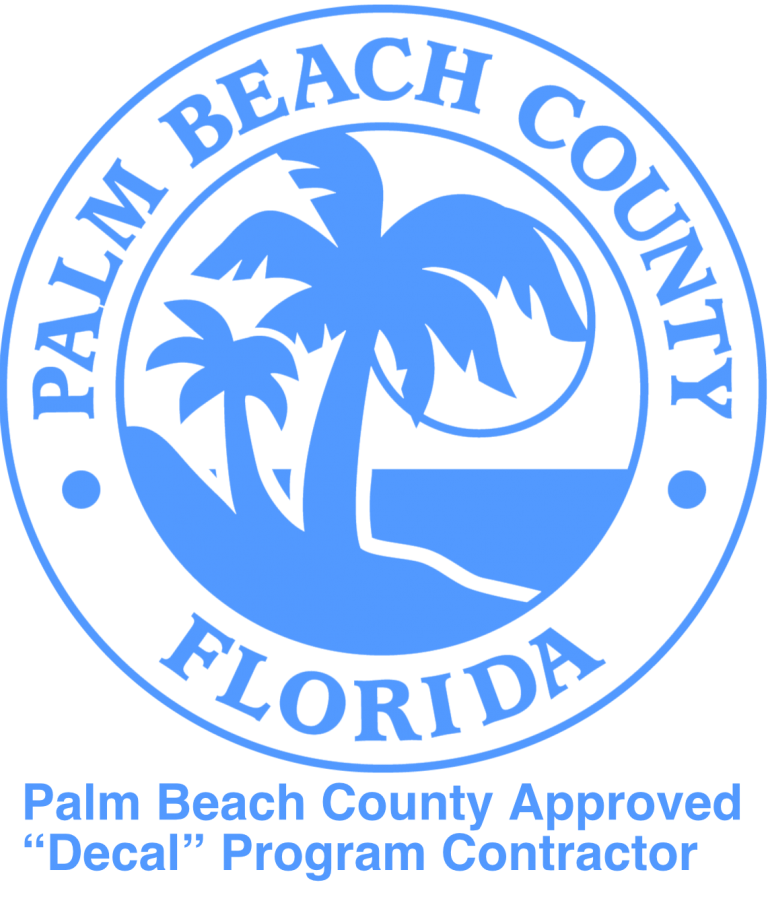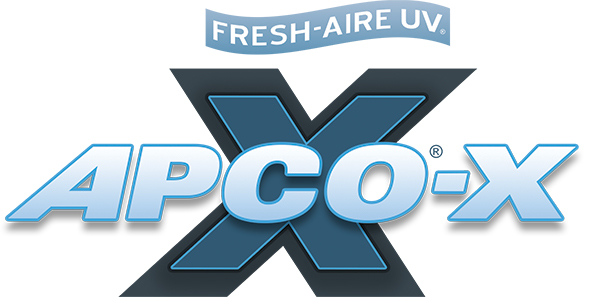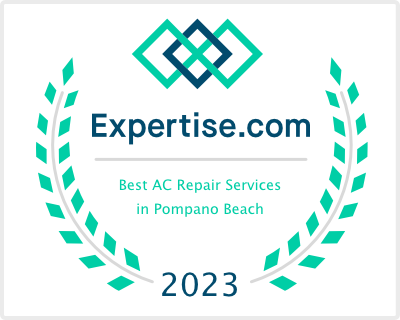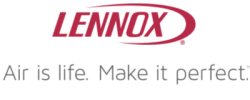Want to slash your energy bills, heat, and reduce your carbon footprint? Proper AC installation is the key! By ensuring your air conditioning system is installed correctly, you can maximize energy efficiency, saving you money in the long run. Not only does proper installation improve performance of your HVAC system, but it also extends the lifespan of your AC unit, reducing the need for costly repairs down the line. Stay cool, save money, and help the environment by prioritizing proper AC installation today.
Key Takeaways
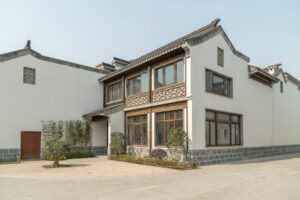
-
Proper AC installation can lead to significant energy savings and lower utility bills.
-
Understanding the energy efficiency ratings of AC units can help you make informed decisions when purchasing a new system.
-
Don’t fall for common myths surrounding AC installation; seek professional advice for accurate information.
-
Selecting the right AC system size and type for your space is crucial for optimal performance and efficiency.
-
Hiring a professional for AC installation ensures proper setup, maximizing the system’s energy efficiency and lifespan.
-
Following post-installation maintenance tips can help sustain the efficiency and effectiveness of your AC system over time.
Benefits of Energy-Efficient AC Installation
Lower Energy Bills
Implement energy-efficient AC units to save on costs immediately. Adjust temperature settings for optimal consumption efficiency. Investing in proper installation reaps long-term financial benefits.
Choose energy-efficient units to minimize repair needs. Regular maintenance prevents costly breakdowns. Proper installation reduces the frequency of repairs significantly.
Extended Lifespan
Proper installation and maintenance ensure a longer-lasting AC unit. Energy-efficient models offer extended lifespan benefits. Follow manufacturer guidelines for maximum system longevity.
Research available rebates and incentives for energy-efficient installations. State-specific programs can offset initial costs effectively. Consult professionals to explore all potential savings opportunities thoroughly.
Eco-Friendly Choice
Opt for energy-efficient AC units to reduce your carbon footprint. Choose eco-friendly cooling options to contribute to a greener environment. Implement additional sustainability measures alongside energy-efficient AC systems.
Understanding AC Energy Efficiency
Efficiency Metrics
Understanding the SEER rating system is crucial for assessing how efficiently an AC unit operates. SEER stands for Seasonal Energy Efficiency Ratio and measures the cooling output of an air conditioner over a typical cooling season, divided by the total electric energy input during the same period. Higher SEER ratings indicate more energy-efficient units, ultimately leading to cost savings on electricity bills.
When comparing different models, look at their energy efficiency metrics such as EER (Energy Efficiency Ratio) and COP (Coefficient of Performance). These metrics provide insights into how much cooling capacity an AC unit can deliver per unit of energy consumed. By considering these metrics, you can make informed decisions when selecting an air conditioner that aligns with your energy efficiency goals.
To maximize energy savings and reduce environmental impact, it’s essential to prioritize higher SEER ratings when purchasing a new AC unit. While units with higher SEER ratings may have a higher upfront cost, they can result in significant long-term savings through reduced energy consumption. Investing in a high-efficiency air conditioner not only benefits your wallet but also contributes to sustainability efforts by lowering greenhouse gas emissions.
Enhancing Efficiency
Regular maintenance practices such as cleaning and inspecting air ducts play a vital role in improving the overall efficiency of your AC system. Clogged or dirty air ducts restrict airflow, making your system work harder to cool your space, leading to increased energy consumption. By keeping your air ducts clean and clear, you can ensure optimal airflow and efficiency.
Utilizing programmable thermostats allows you to set specific temperature schedules based on your daily routine, optimizing comfort levels while reducing energy usage when cooling is unnecessary. Programmable thermostats enable you to adjust temperatures automatically, ensuring that your AC system operates efficiently without running unnecessarily when no one is home or during cooler periods.
Adopting energy-saving habits such as closing blinds during peak sunlight hours, using ceiling fans to circulate air, and maintaining proper insulation in your home can further enhance the efficiency of your cooling system. By combining these habits with regular maintenance and smart technology like programmable thermostats, you can create a more sustainable and cost-effective cooling environment for your home.
Debunking AC Installation Myths
Modern AC Savings
Upgrade to modern AC units for significant energy savings. Embrace smart technology options that offer enhanced efficiency and convenience. Long-term savings are crucial when investing in a modern AC system.
Impact of Location
Position your AC unit properly to optimize its performance. Shield the unit from direct sunlight to improve energy efficiency. Seek advice from professionals to determine the best installation location.
Size Matters
Choose the right-sized AC unit to avoid energy wastage. Oversized units result in inefficiency and higher energy bills. Consult experts to find the ideal size for your home’s cooling requirements.
Choosing the Right AC System
Sizing Your AC
Calculating the appropriate AC size is crucial for optimal performance and energy efficiency. Matching the unit to your home’s square footage ensures efficient cooling. Factors like insulation and ceiling height also influence the sizing process. Consulting with HVAC professionals guarantees accurate sizing, preventing issues like inadequate cooling or excessive energy consumption.
Energy Efficiency Ratings
Prioritizing AC units with high SEER ratings significantly impacts energy efficiency. SEER ratings indicate how efficiently an air conditioner operates, affecting your cooling costs. Comparing models based on their energy efficiency ratings allows you to make an informed decision. Opting for a system with a higher SEER rating may require a higher initial investment but results in long-term savings through reduced energy consumption.
Importance of Professional Installation
Long-Term Efficiency
Invest in regular maintenance to ensure your AC operates efficiently for years. By scheduling routine check-ups, you can prolong the lifespan of your unit and prevent costly breakdowns. Keeping your AC system well-maintained also helps in maintaining optimal energy efficiency.
Monitor energy consumption patterns to identify any irregularities that may indicate a problem with your AC system. By staying vigilant, you can address issues promptly and prevent energy wastage. Tracking your usage can also help you make informed decisions about potential upgrades to enhance efficiency.
Consider investing in energy-saving upgrades, such as programmable thermostats or smart HVAC systems. These enhancements can help optimize your AC’s performance and reduce energy consumption over time. Upgrading your system ensures that it remains efficient and cost-effective in the long run.
Comfort and Safety
Proper installation is crucial to ensure that your AC system functions effectively, providing optimal comfort throughout your home. A professionally installed unit will distribute cool air evenly, eliminating hot spots and ensuring a consistent temperature. This not only enhances comfort but also improves indoor air quality.
Maintaining indoor air quality is essential for creating a healthy living environment. Proper installation prevents issues like mold growth and poor ventilation, safeguarding the health of your family. Regular maintenance further contributes to a clean and safe indoor atmosphere.
Prioritizing safety measures during AC installation and maintenance is vital to prevent accidents or malfunctions. Certified professionals follow industry standards to guarantee a secure installation process. By adhering to safety protocols, you can enjoy a reliable and safe cooling system without compromising on comfort.
Environmental Impact
Reduce greenhouse gas emissions by choosing an energy-efficient AC unit that meets environmental standards. Energy-efficient models consume less electricity, reducing carbon emissions associated with power generation. By selecting a greener option, you contribute to mitigating climate change effects.
Contribute to environmental conservation efforts by opting for eco-friendly choices when installing an AC system. Consider factors like refrigerant type and energy efficiency ratings to minimize environmental impact. Small decisions like these collectively make a significant difference in preserving our planet’s resources.
Consider the broader environmental implications of your cooling system decisions beyond personal benefits. Your choice impacts natural resources, air quality, and overall sustainability efforts. By making environmentally conscious choices, you play a part in fostering a healthier planet for future generations.
Installation Process Overview
Key Steps
Research energy-efficient AC options before purchasing to maximize long-term savings. Ensure the unit’s size matches your space for optimal performance. Select a reputable brand with high energy efficiency ratings.
Professional installation is crucial for efficient AC operation. Schedule installation with certified technicians to guarantee proper setup and functionality. Improper installation can lead to inefficiencies and increased energy consumption.
Implement routine maintenance to sustain your AC’s efficiency. Regularly clean or replace filters, check refrigerant levels, and inspect ductwork for leaks. Proper maintenance enhances performance and prolongs the lifespan of your AC unit.
Technician Qualities
Hire certified technicians for reliable AC installation and maintenance services. Certification ensures expertise in handling various AC models and installations. Technicians should possess knowledge of energy-efficient practices.
Experience matters when selecting HVAC professionals. Look for technicians with a proven track record of successful installations and satisfied customers. Experienced technicians can troubleshoot effectively and offer valuable advice on maintaining efficiency.
Prioritize customer reviews when choosing HVAC technicians. Positive feedback indicates quality service and customer satisfaction. Reviews provide insights into the technician’s professionalism, reliability, and commitment to efficiency.
Installation Day Expectations
Prepare your home before installation by clearing pathways to the AC unit location. Ensure adequate space around the unit for ventilation and accessibility during maintenance checks. A well-prepared home facilitates a smooth installation process.
Communicate any specific requirements or concerns to the installation team beforehand. Discuss preferences regarding thermostat placement, noise levels, or any customization needs you may have. Clear communication ensures your expectations are met during installation.
Expect thorough testing post-installation to verify proper functioning of your new AC system. Technicians will demonstrate how to operate the unit efficiently, adjust settings, and address any questions you may have about maintenance or usage tips.
Post-Installation Tips
Ensuring Longevity
Proper AC maintenance is crucial for extending the lifespan of your unit. Following the manufacturer’s guidelines ensures optimal performance. Investing in preventive maintenance services can prevent costly breakdowns and increase the longevity of your AC system. Addressing any issues promptly is essential to avoid premature wear and tear, preserving the efficiency of your unit.
Maximizing Efficiency
To maximize energy efficiency, implement simple yet effective practices. Upgrading to programmable thermostats allows you to control temperatures based on your schedule, reducing unnecessary cooling when you’re away. Regularly cleaning and replacing air filters is vital for optimal airflow, ensuring that your AC operates efficiently.
Risks of Improper Installation
Reduced Efficiency
Improper installation can lead to reduced AC efficiency. Watch out for signs like uneven cooling or high energy bills. Seek professional inspections to pinpoint and fix efficiency issues efficiently. Consider energy-saving solutions to restore optimal performance.
Increased Repairs
Neglecting proper installation may result in increased repair needs. Address minor AC problems promptly to avoid major repairs later on. Regular maintenance is crucial to minimize the chances of frequent repairs. Consult HVAC professionals for expert guidance on reducing repair requirements.
Shortened Lifespan
Improper electrical connections can shorten your AC unit’s lifespan. Stick to recommended maintenance schedules to prolong its longevity. Prevent premature wear and tear by not overworking the system. Opt for energy-efficient models for extended benefits and a longer lifespan.
Closing Thoughts
You’ve learned about the significant benefits of energy-efficient AC installation, debunked common myths, and understood the importance of professional installation for optimal performance. Choosing the right system and following post-installation tips are crucial steps in ensuring your AC operates efficiently. Remember, improper installation can lead to potential risks and decreased energy efficiency.
Make sure to prioritize professional installation, regular maintenance, and following best practices to maximize your AC’s efficiency. By taking these steps, you not only save on energy costs but also contribute to a greener environment. Stay informed, stay proactive, and enjoy the comfort of a well-functioning AC system all year round.
Frequently Asked Questions
What are the benefits of energy-efficient AC installation?
Energy-efficient AC installation reduces energy bills, enhances indoor comfort, and minimizes environmental impact by consuming less electricity. It ensures optimal performance and longevity of the system while providing consistent cooling.
How can I ensure proper AC energy efficiency?
Proper AC energy efficiency is achieved by selecting the right-sized unit, regular maintenance, sealing ducts, using programmable thermostats, and ensuring adequate insulation in your home. These practices optimize performance and reduce energy consumption.
Is professional AC installation important?
Professional AC installation is crucial for ensuring correct sizing, placement, and connection of the unit. It guarantees optimal performance, energy efficiency, and adherence to safety standards. Professionals have the expertise to handle complex installations effectively.
What are the risks of improper AC installation?
Improper AC installation can lead to reduced efficiency, frequent breakdowns, higher energy bills, poor indoor air quality, and even safety hazards. It may void warranties and shorten the system’s lifespan. Professional installation mitigates these risks significantly.
How do I choose the right AC system with proper airflow and compressor for my needs?
Choosing the right AC system involves considering factors like size, efficiency ratings, budget, climate conditions, and specific requirements. Consult with HVAC professionals to assess your home’s needs accurately and select a system that meets your criteria.
